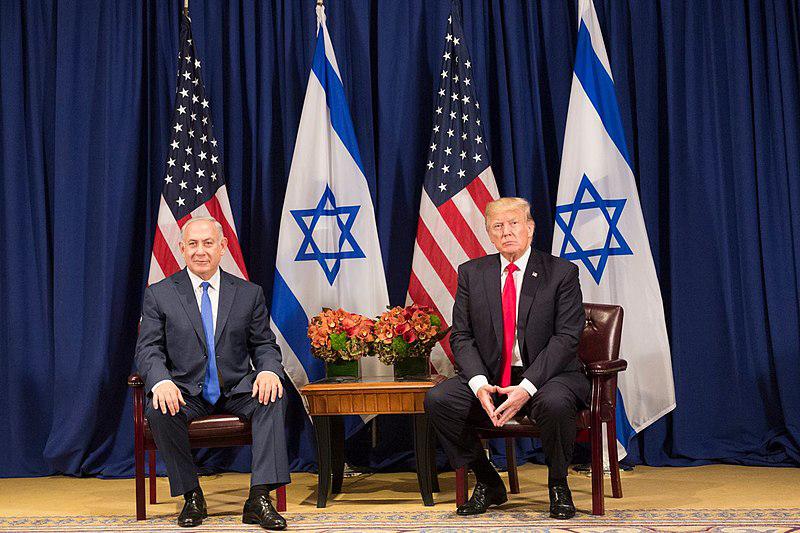At midnight on New Year’s Day, the US and Israel officially withdrew from the United Nations Educational, Scientific, and Cultural Organization (UNESCO) following UNESCO’s approval of Palestine’s membership. For more than a year, the two countries had expressed concern on numerous occasions regarding what they considered to be anti-Israel bias from the organization.
“The US and Israel have constantly been attentive regarding any Palestine-related topics,” said Emma Lee (11), MUN club member. “They know that many nations, most of them members of UNESCO, sympathize with the Palestinians, and their decision to withdraw from the organization probably stemmed from this knowledge. I do not necessarily think this conflict should affect UNESCO, though, as the organization is completely unrelated to the two countries’ current disagreements.”
Generally, UNESCO oversees and promotes international cultural development, especially in the fields of science and education. The agency has been credited with a wide range of projects, from providing education to Haiti youth to recognizing historically significant locations as World Heritage sites. While the US and Israel both supported many of these previous activities, the two nations clashed with UNESCO whenever the subject of Palestine surfaced. In October 2016, for instance, the agency passed a controversial resolution condemning Israel for restricting religious freedom in the East Jerusalem area and later labeled ancient Jewish sites as Palestinian World Heritage sites, receiving backlash from the US and Israeli government.
“The decision to quit UNESCO was inevitable,” said Sean Kim (9), MUN member. “The United States and Israel have had a friendly relationship since the Cold War, which naturally led to an alliance against Israel’s long-time enemy, Palestine. But UNESCO has been very sympathetic toward Palestine in the past few years, and it was clear that the US and Israel were bothered by this type of behavior.”
Another, less obvious reason for the timing of this decision can be attributed to the Trump administration. Former President Barack Obama had considerably weaker relations with the Israeli government and was criticized heavily by Israeli Prime Minister Benjamin Netanyahu for the US government’s support for the 2015 Iran nuclear deal. Netanyahu claimed that the deal would only enhance Iran’s nuclear power and threaten its neighboring states, which include Israel. However, the countries have experienced renewed warmth in their relationship following Trump’s election; in fact, Trump even officially recognized Jerusalem as the capital of Israel in December.
“President Obama was one of the first presidents to actively criticize Israel,” said Jonathan Ames, Government and Politics teacher. “But the US, under Trump, is a lot more friendly toward Israel due to the fact that the Trump administration is much more anti-Iran, and they need Israel as a buffer state to counter the growing Iranian presence in Syria.”
Though Trump’s administration believes this move to be strategic, there are financial repercussions. The US and Israel stopped paying their member dues since 2011, when Palestine was voted into UNESCO as a full member, and these unpaid funds have piled up considerably. According to Time Magazine, the numbers have reached a grand total of $600 million and $10 million for the US and Israel respectively. Despite the fact that UNESCO does not have to deal with this financial issue immediately, they may face the consequences of the overdue money in the future.
“While it is true that the US and Israel do contribute to the UNESCO budget, I think their decision to withdraw is more of a symbolic move,” said Mr. Ames. “UNESCO is just one UN organization, which means this move will not be too impactful, and if there is a change in leadership next election, that president may end up re-joining. The only real effect is that the US is essentially politicizing what should be regarded as a non-political decision because they do not approve of Palestine’s place within the organization.”

